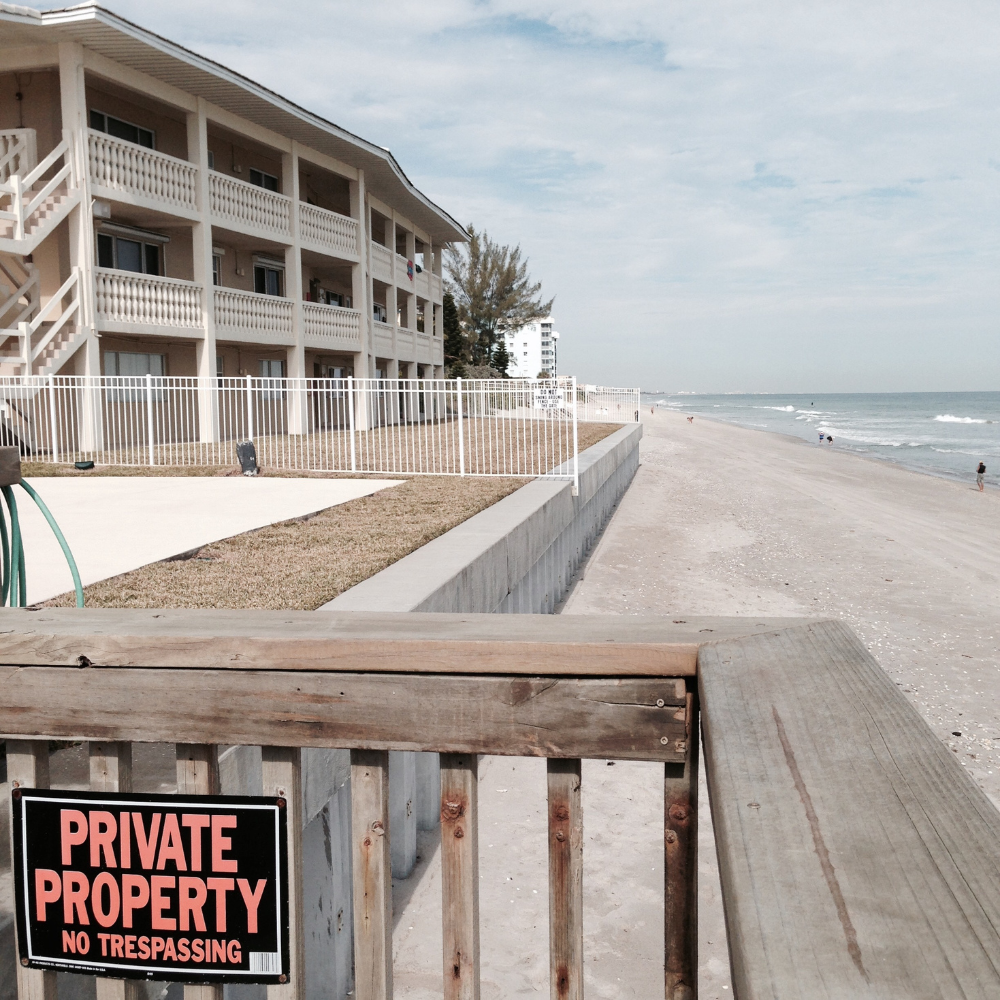Australia PM criticized for buying A$4.3m beach home
In the midst of a housing affordability crisis, Australian Prime Minister Anthony Albanese has faced widespread controversy after purchasing a multi-million-dollar cliff-top property on the New South Wales Central Coast. The purchase, which was made mere months prior to a federal election in which housing and the cost of living are significant issues, has elicited criticism from political opponents and even members of his own party.
The A$4.3 million ($2.9 million USD) four-bedroom, three-bathroom property in Copacabana, which boasts panoramic ocean views, was acquired by Albanese. Critics from all political parties have criticised the acquisition as “tone deaf.” Some members of his own Labour Party have anonymously conveyed their shock, with one member describing the decision as “gobsmacking” to local media.”
During his defence of his acquisition, Albanese emphasised his personal experience with financial hardships, citing his upbringing in public accommodation. He acknowledged that he is familiar with the experience of hardship, and he noted that the luxury property enables him to be more in close proximity to his fiancée, Jodie Haydon, and her family. Additionally, he recognised his excellent circumstances in comparison to the majority of Australians, and he emphasised that his personal experience serves as an incentive for him to assist others in obtaining housing.
During a press conference conducted on the same day as the news of his purchase broke, he stated that his mother lived in public housing for her entire life, which is why he is committed to assisting all Australians in obtaining a home.
The timing of the purchase has left many electors frustrated, with housing affordability being a top concern, despite his defence. The 2024 Demographia International Housing Affordability survey indicates that Australian cities are among the least affordable in the world, with Sydney ranking just behind Hong Kong in terms of housing costs. In contrast to the general population, nearly all federal politicians own at least one residential property, with many owning multiple properties. This is a stark contrast to the fact that approximately two-thirds of Australians own a residence.
A$10 billion investment fund has been established by the Labour government of Albanese with the objective of promoting social and affordable housing. Nevertheless, additional housing reforms have been impeded in parliament, in part as a result of the Australian Greens and a few independent MPs who have advocated for more ambitious measures.
Debate regarding tenant protections and incentives for property investment has also been reignited by the acquisition. The decision made by Albanese was criticised by Max Chandler-Mather, the spokesperson for the Greens in the housing sector, who emphasised the disparity between affluent property owners and struggling renters. Chandler-Mather wrote on a social media platform, “Labour and the Liberals have set up a housing system in which a property investor can purchase a beachfront home for A$4.3 million, while millions are unable to secure affordable rentals or purchase their own homes.”
The timing of the purchase was questioned by Liberal Senator Jane Hume, who criticised it for being tone-deaf during a housing crisis. However, she acknowledged that everyone has the right to a personal life. Although Opposition Leader Peter Dutton refrained from direct criticism, he acknowledged the challenges that numerous Australians encounter due to the pressures of housing and mortgages.
As Albanese prepares for a critical election, the aftermath of his personal real estate decision has exacerbated the already contentious discourse on housing policy in Australia.









